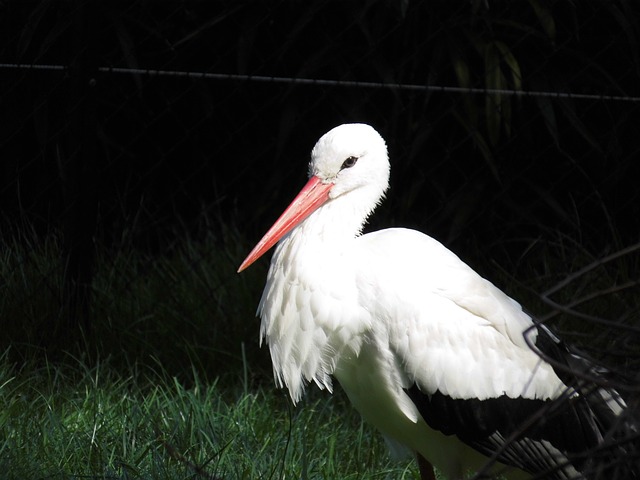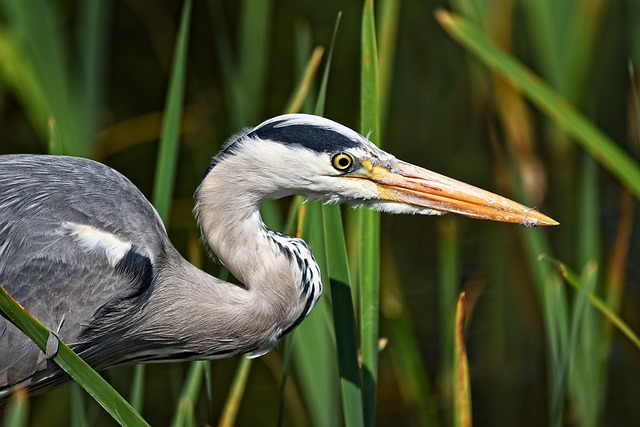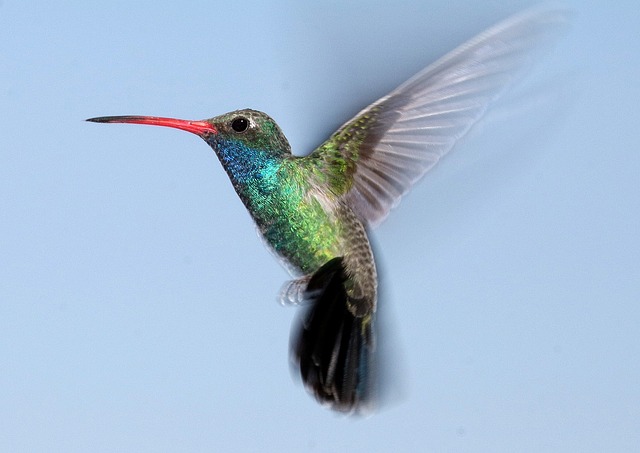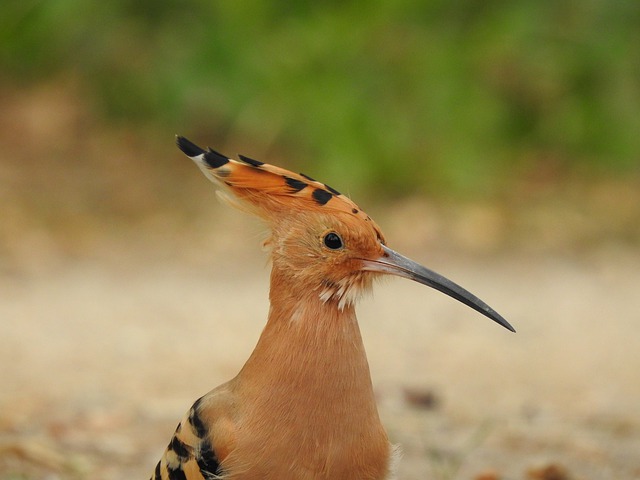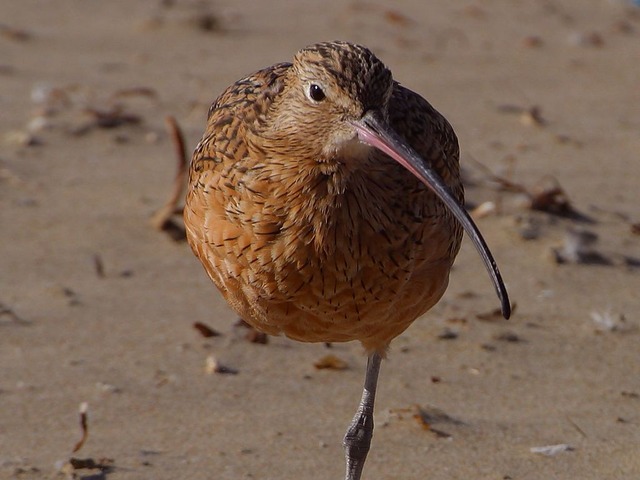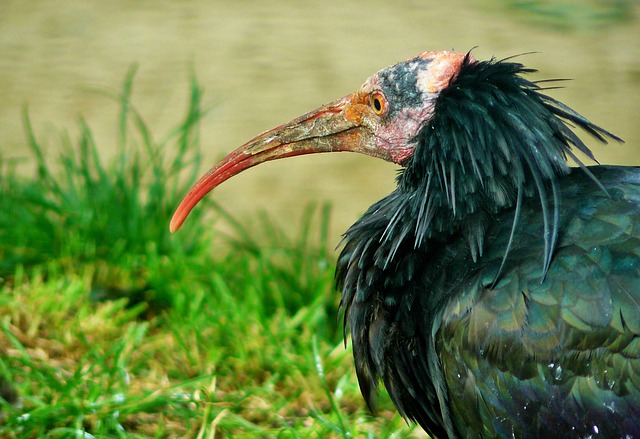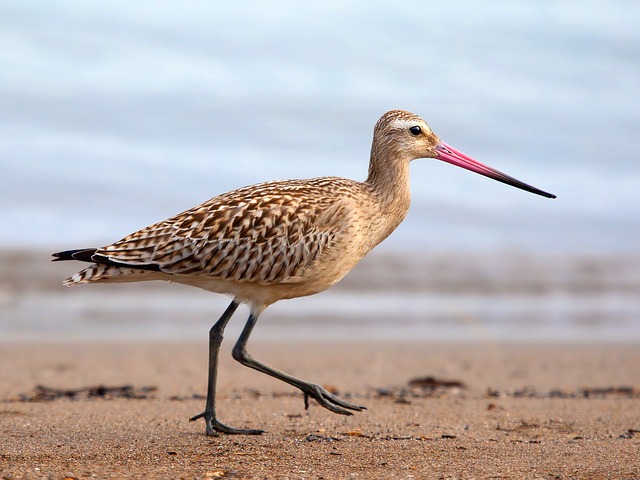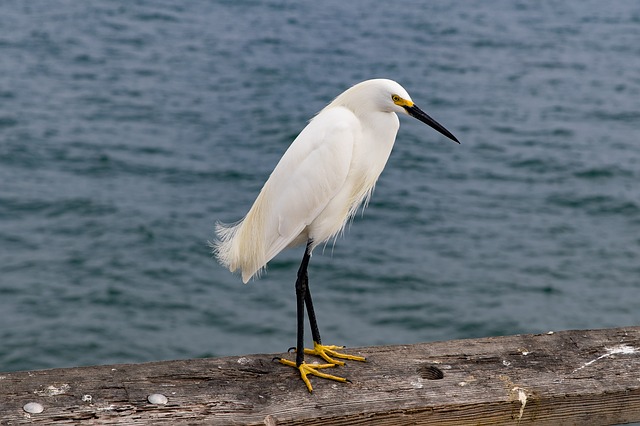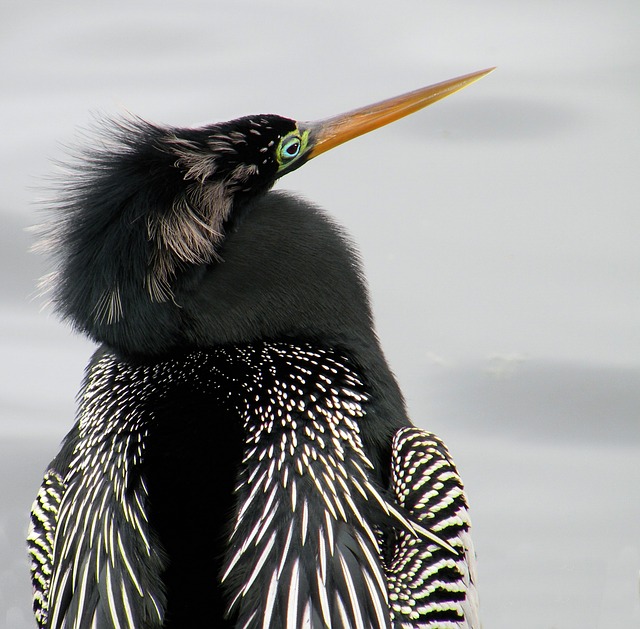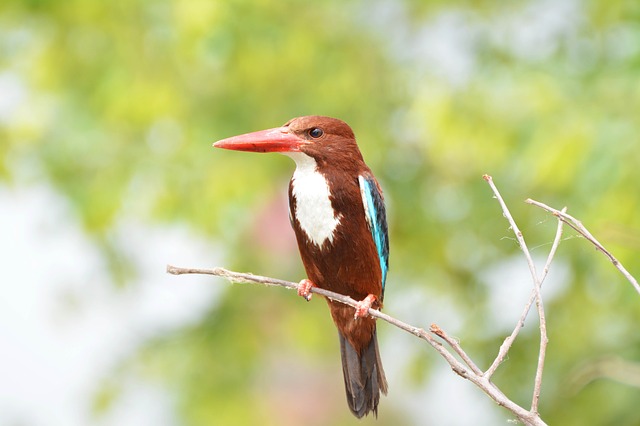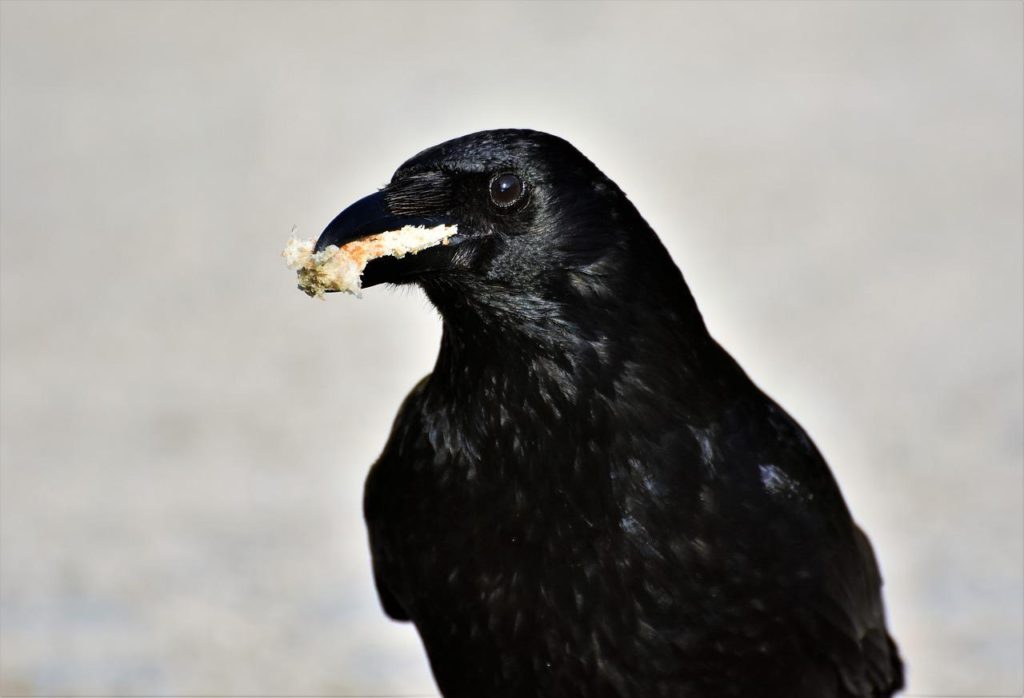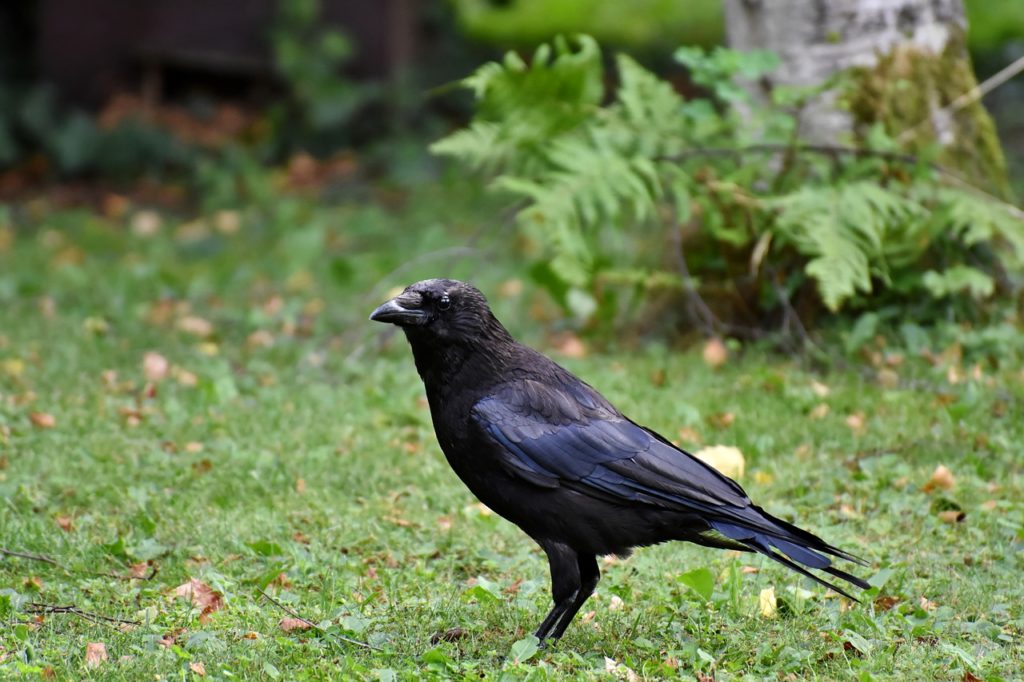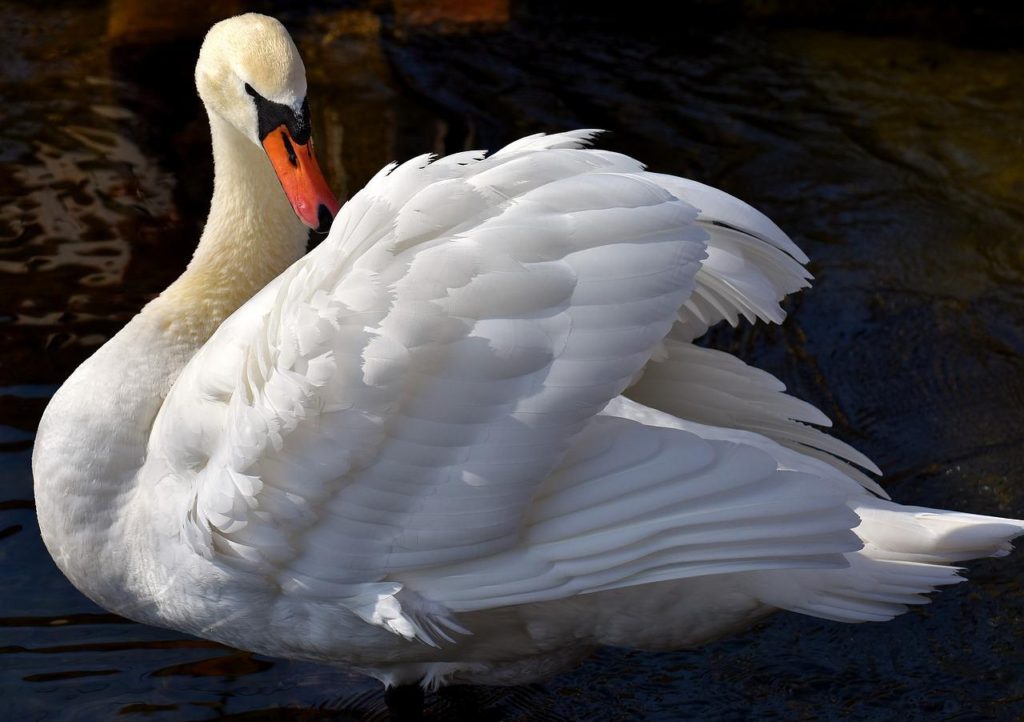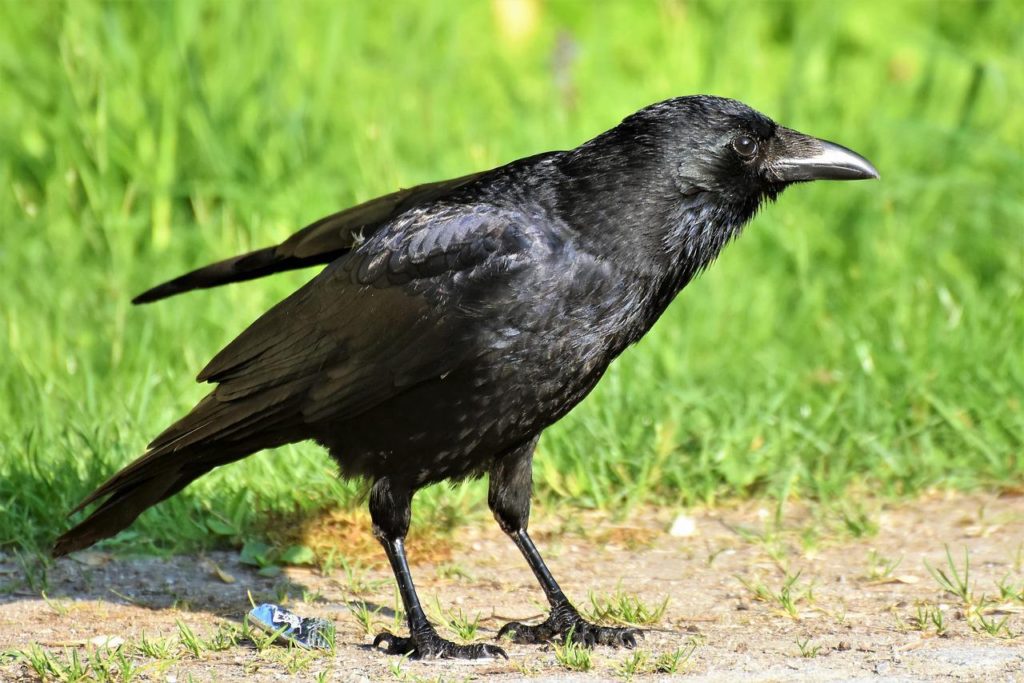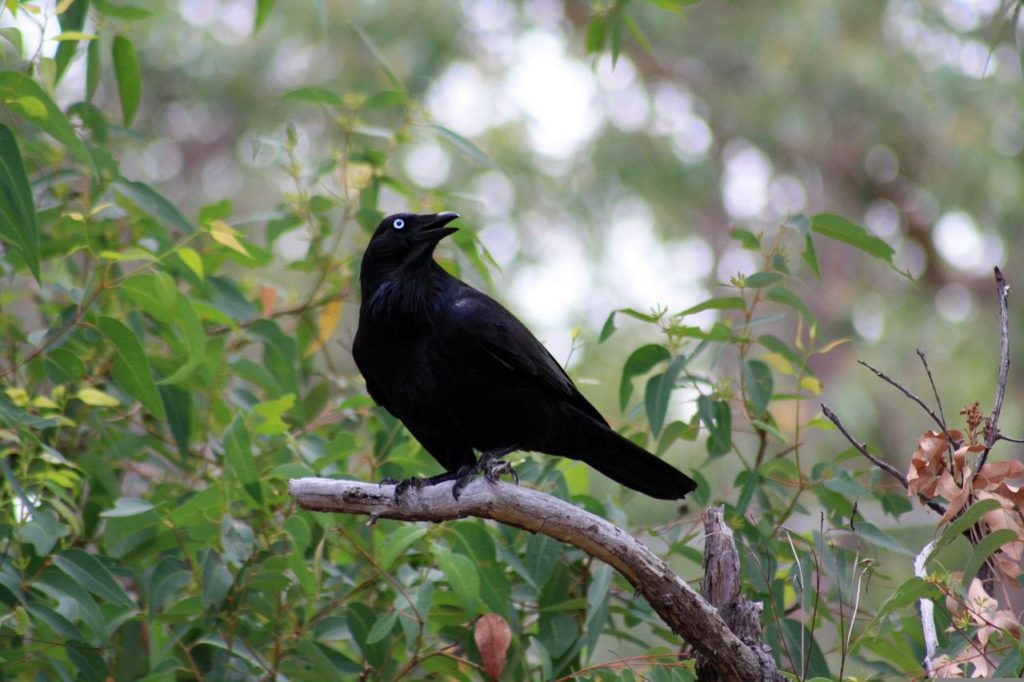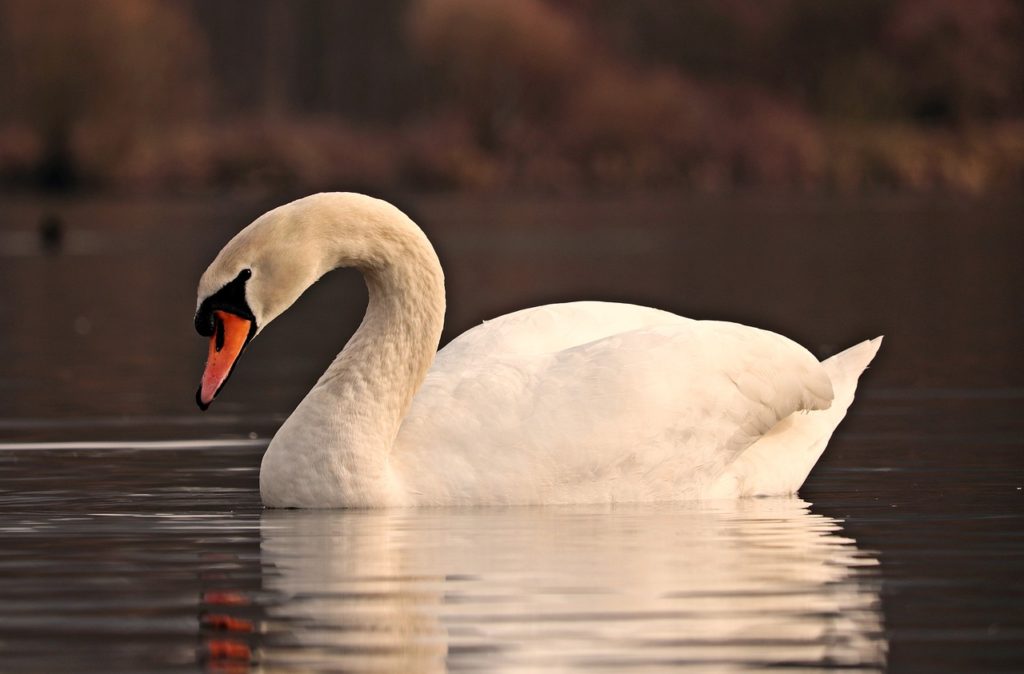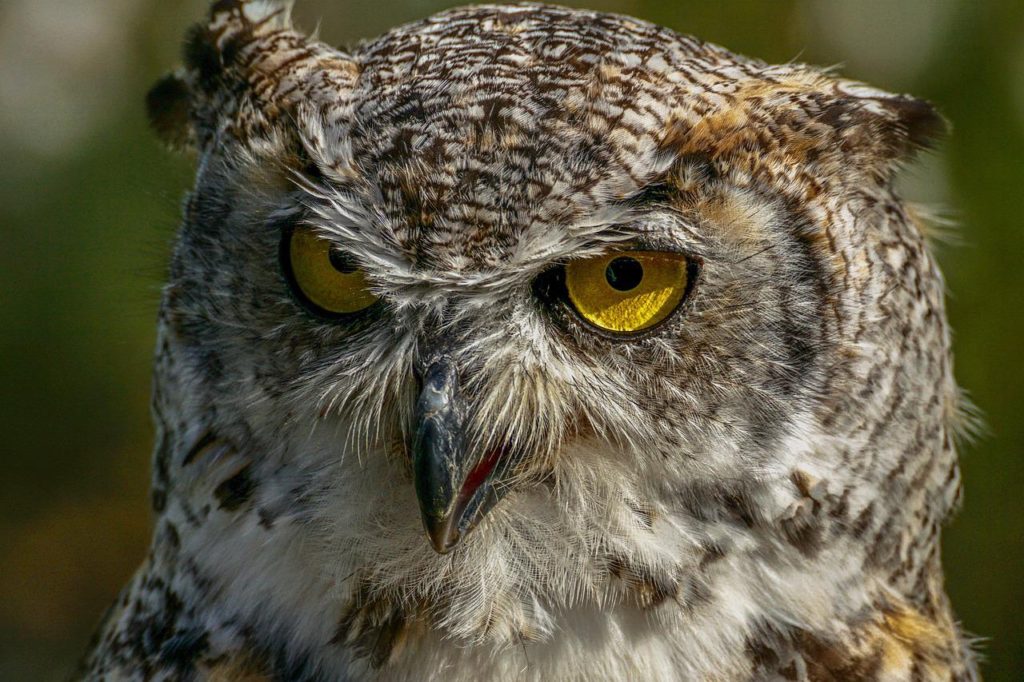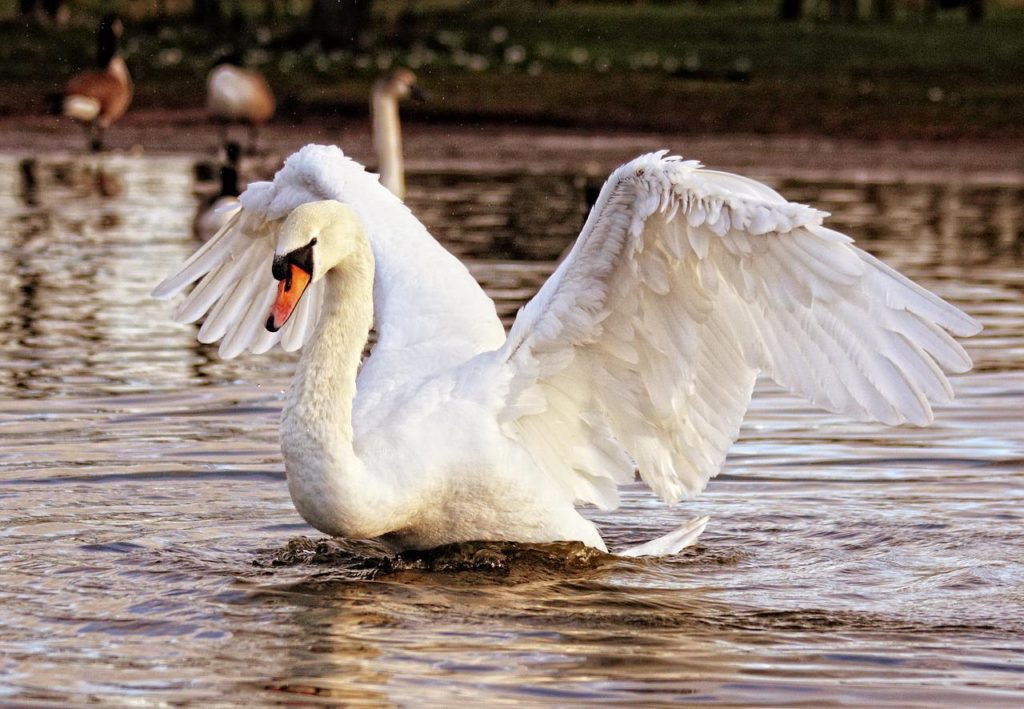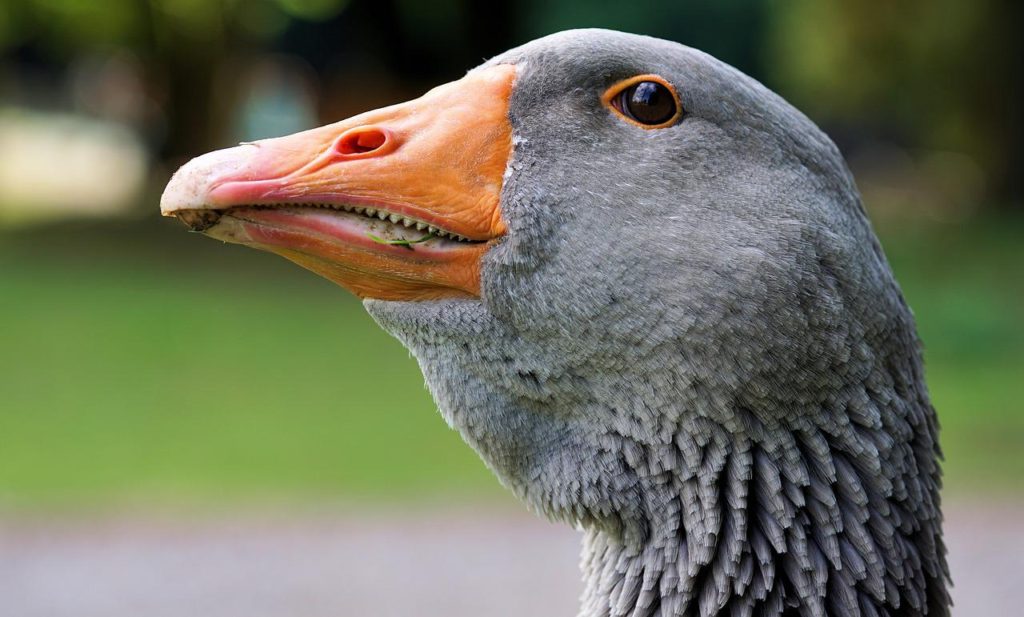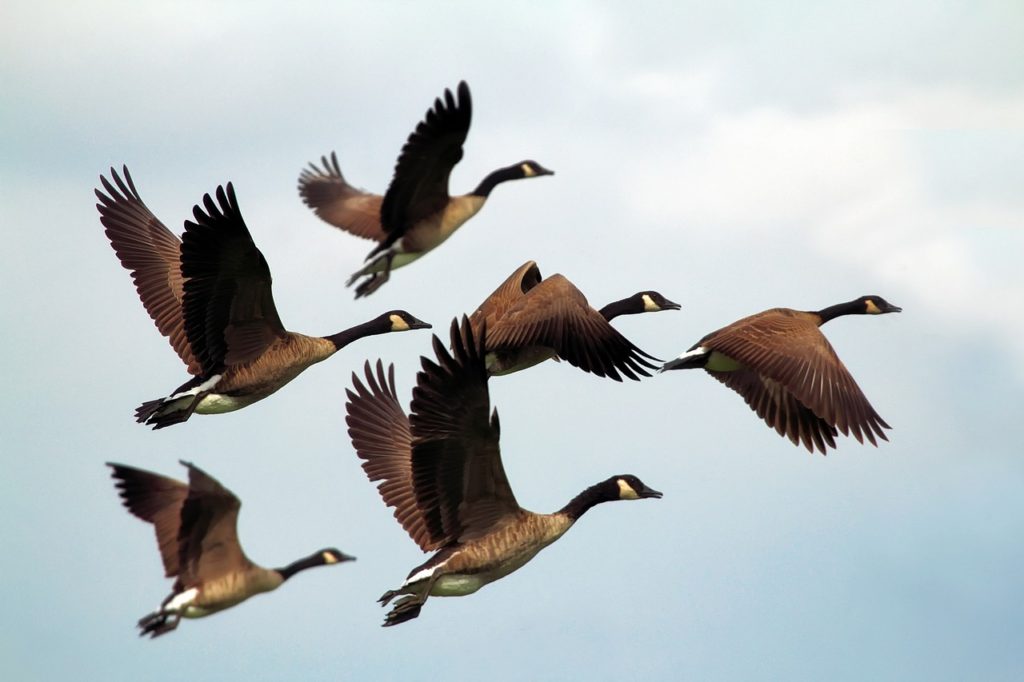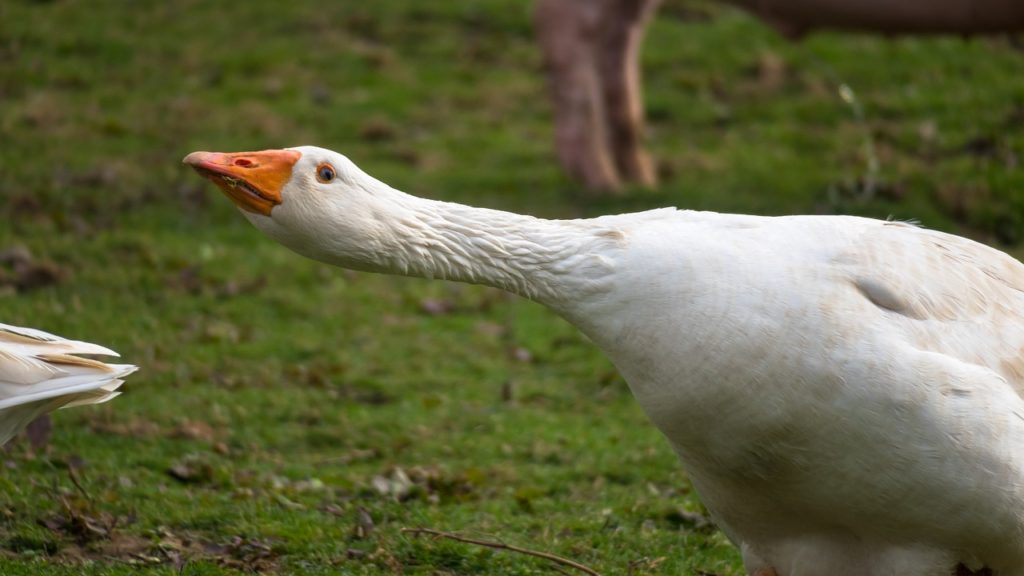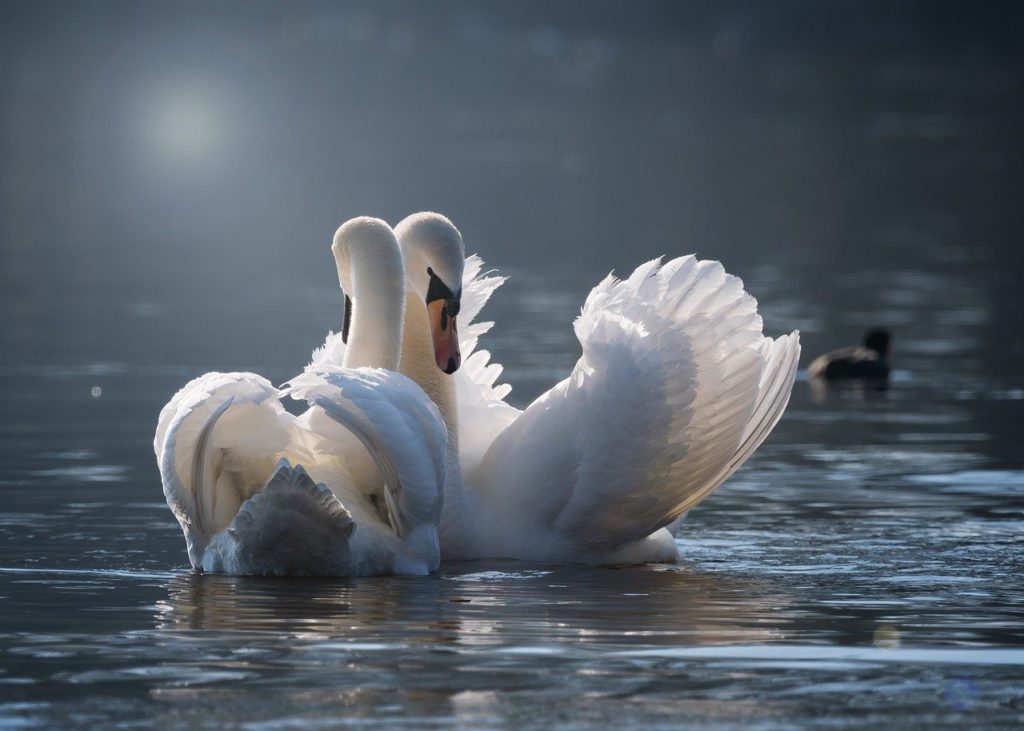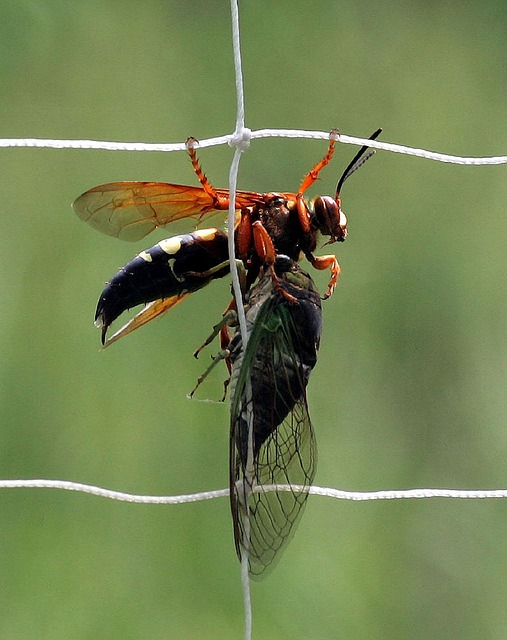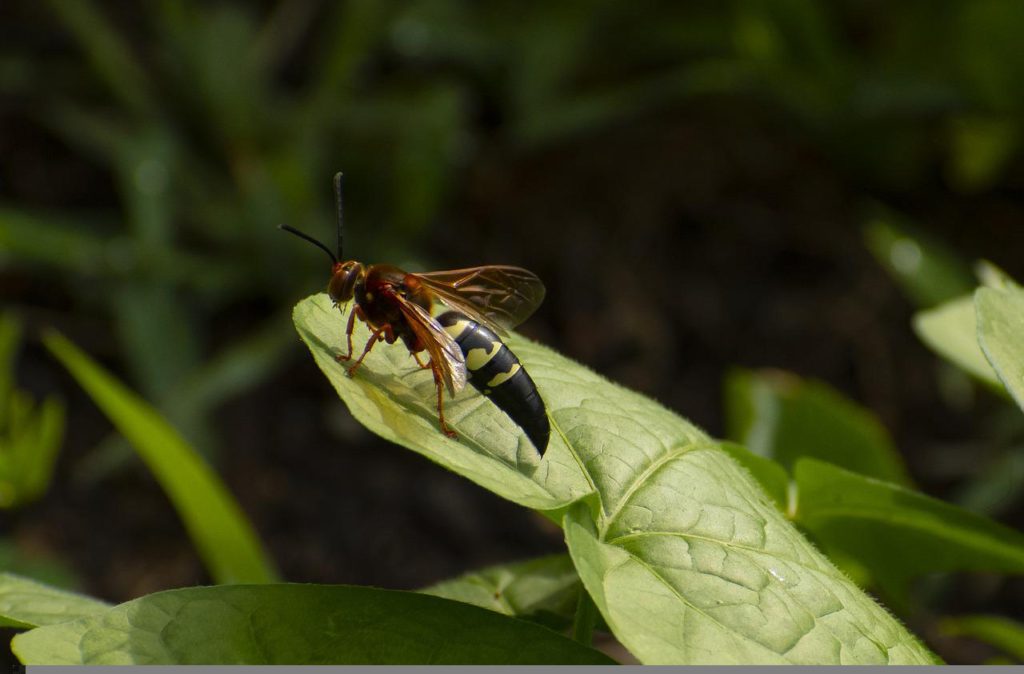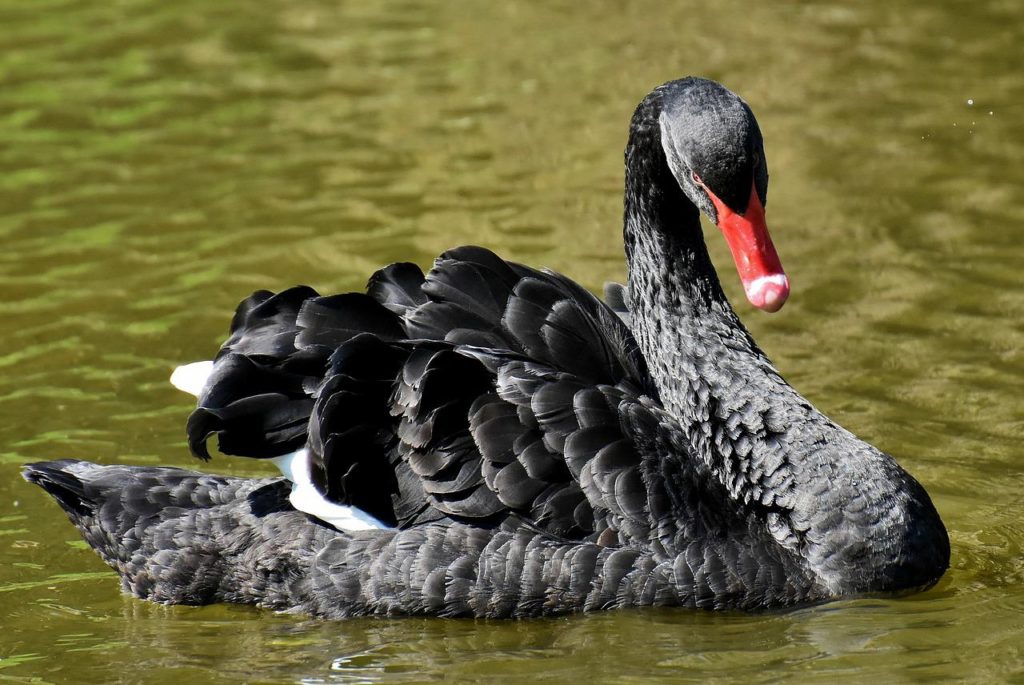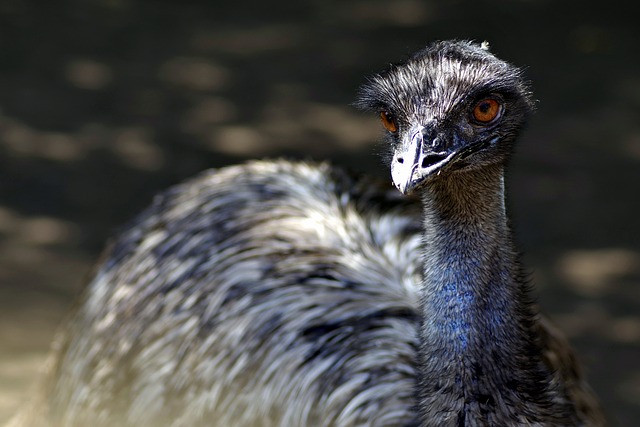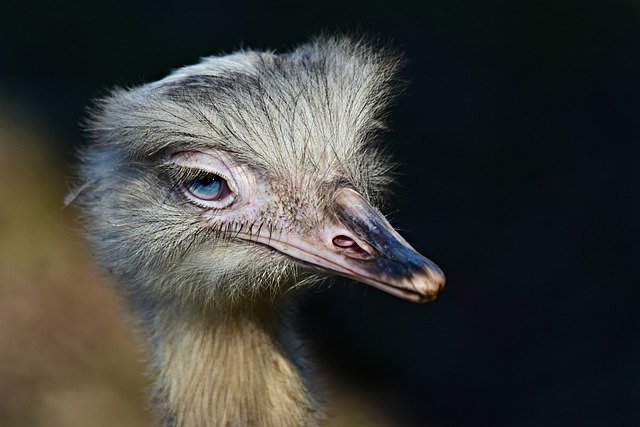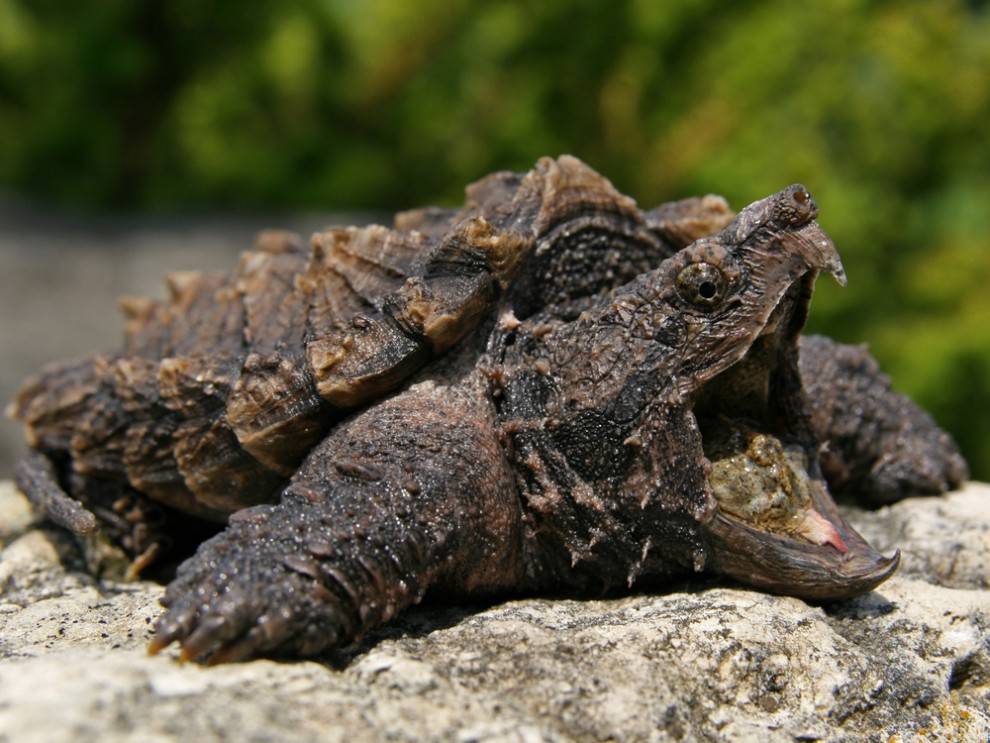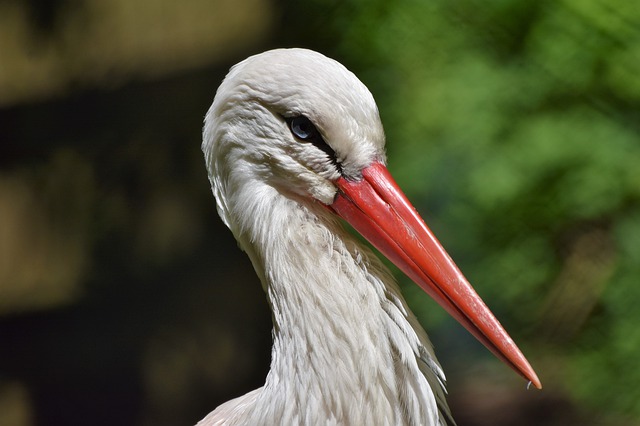
Bird beaks come in a wide range of shapes and sizes. Yet while they may not be as common as other types, birds with long pointed beaks have some of the most unique and specialized beaks in the world. So here’s a list of the longest and pointiest beaks in the business and what you’ll want to know about them.
Storks
Storks are large carnivorous water birds. They use their long pointed beaks to help them catch a variety of different prey. In fact, if a stork consumes any plant material at all it’s actually by accident.
Different stork species have beaks with different characteristics depending on their exact diet. For example, the marabou stork is an enormous bird with an equally huge beak. It uses it as both a massive pointy weapon to defend itself and also to help it scavenge the flesh from rotting animal carcasses.
Herons
Herons are a widespread group of birds that live on every continent except Antarctica. And they are expert fish, snake, and frog hunters using their long pointed beaks as a harpoon to impale their prey.
While majestic in appearance both the great blue heron and grey heron are actually considered pests by pond owners and fisheries because of their top-notch fish-catching abilities. However, because herons are territorial a heron decoy can often keep them away.
Hummingbirds
The hummingbird is a small bird with a long pointed beak that helps it to consume insects and also nectar from flowers. Some hummingbirds have quite uniquely-shaped beaks that evolved to help them extract nectar from specific types of flowers. Hummingbirds get their name from the humming sound produced by their fast-flapping wings.
Hoopoes
Hoopoes have a distinct crown of feathers on their heads. These long and pointed beak birds mainly feed on insects. many of which are considered pests by humans. And that means that they are well-liked and appreciated in many areas of the world. It’s no wonder that the hoopoe is the national bird of Israel.
Curlews
Curlews are medium-sized birds that have long necks and legs. There are nine species of curlew, and all have plumage which is a streaked or mottled grey or brown color, and long pointed beaks which are sickle-shaped. These wading birds use their downward-curving beaks to probe for crabs and worms.
Ibises
Ibises are wading birds with long legs. They feed in groups and use their long downward curving beaks to probe the mud for crustaceans. There are many different species of ibis with varying plumage. The most brightly colored of all is the scarlet ibis which is sometimes confused for the flamingo at a distance because of its pink color.
Godwits
Godwits are wading shorebirds that are often seen on tidal shorelines. They have long pointy beaks that allow them to dig deeply into the sand in search of mollusks and worms. Godwits got their name from their whistling call. There are four species of godwits, and all of them nest in the Northern Hemisphere.
Egrets
Egrets have all the same physical characteristics as herons including long and pointed beaks. And that’s because they are herons. All egrets are members of the heron family. Egrets are grouped together not based on any biological differences from herons but because of their mainly white plumage and the fact that they develop fine plumes during the mating season.
Anhingas
The anhinga is also known as the “water turkey,” or “snakebird”. It is a large diving bird with a long pointed beak. The anhinga hunts for its food underwater and it uses its sharp beak to impale fish and other small prey. For larger fish that are too big to impale the anhinga may instead use its beak to stab them multiple times.
Kingfishers
Kingfishers are brightly colored birds with long pointed beaks that are shaped like a dagger. And as their name suggests some kingfisher species do specialize in hunting fish. The beaks of these species are longer and narrower than kingfishers which consume other prey items. Kingfishers are well-known for their excellent eyesight.
Start Shopping for Birding Supplies!
What Do Crows Eat?
With roughly 40 different species, crows are a common sight in most places around the world. And while most of us are familiar with their appearance and harsh vocalizations, their diet is not as obvious. So what do crows eat? Here's what you'll want to know. What Do...
What Are Crows Good For?
Crows are widely considered to be pests. However, these large and highly intelligent black birds actually serve quite a few important functions in the environment. So what are crows good for? Here's what you'll want to know. Pest And Parasite Management Crows are...
How Long Do Swans Live?
Swans are graceful and beautiful creatures and as such, people have many questions about them. They want to know about their mating rituals, their diet, their preferred habitats, and even their lifespans. How long do swans live for anyway? Swan lifespans actually vary...
Are Crows Good Pets?
People all around the world see and hear crows on a daily basis. Although these intelligent and dark birds are practically ubiquitous, most people don't think of them as being household pets. Are crows good pets? The general consensus is that crows do not make...
Are There Crows In Australia?
Crows are remarkably smart birds that also happen to be extremely adaptable. They navigate unfamiliar circumstances via observation and interaction. Crows reside in locations all over the globe. While they do not live in certain parts of South America, they do reside...
What Do Swans Eat?
Swans are famously long-necked birds that are symbols of romance, love, beauty, and purity. Since these waterbirds have so many admirers, people often wonder about their eating habits, behaviors, and more. What do swans eat, anyway? Swan Basics Swans typically live in...
Birds That Look Like Owls
Owls are typically solitary and mainly nocturnal birds. And although these well-known hooting creatures have a rather distinctive physical appearance, there are actually various other kinds of birds that resemble owls closely. And people sometimes mix them up. So...
Why Are Swans Protected?
Swans are graceful and gorgeous creatures. They also happen to have protection in the United Kingdom, interestingly enough. Why are swans protected there, anyway? And does the Queen own all the swans? Yes, she actually owns any mute swans that are unclaimed in both...
Birds With Teeth
Birds do not have teeth. However, there are quite a few that really look like they do! These birds have evolved special beaks which help them to perform important functions. So here are some of the most amazing birds with “teeth,” and what you’ll want to know about...
Do Geese Fly?
Although geese are clearly birds, there are many individuals who do not necessarily associate them with flying. So, do geese fly? The honest answer is that these waterfowl do. They do not exactly slouch in the flying department, either. Many people are pleasantly...
Are Geese Dangerous?
Geese, in brief, are waterbirds that are quite substantial in size. Since they're often spotted on golf courses, at schools, and in community parks, people understandably tend to wonder whether they're safety threats. Are geese dangerous? Why Geese Attack...
Do Swans Mate For Life?
Swans are famously elegant waterbirds that are known for their sizable bodies, webbed feet, and lengthy necks. People often associate them with romantic imagery and monogamy. Do swans mate for life? You can find the response to that common and rather fascinating...
When Do Cicada Killers Come Out?
Whether you dread them each year or are waiting for them to emerge and control the cicada population you may be wondering, “When do cicada killers come out? The answer is they come out each summer in late June or July. Here’s what you’ll want to know. Cicada Killer...
Are Cicada Killers Dangerous?
One look at one of these huge wasps buzzing around, your yard, and it’s only natural to ask, “Are cicada killers dangerous?” Fortunately, these wasps are mild-mannered. But here’s what you’ll want to know. Cicada Killer Wasps Basics Cicada killers emerge from the...
What Are Black Swans?
What are black swans? Black swans (Cygnus atratus) are sizable waterbirds. This species primarily appears in Australia's southwestern and southeastern portions. The black swan is nomadic in its homeland. This bird, true to its name, is mostly black. Although the bird...
What Do Cicada Killers Eat When There Are No Cicadas?
What do cicada killers eat when there are no cicadas? Well, while cicada killer wasps do hunt cicadas, the adults don’t actually eat them or kill them, their young do. Read on to learn more! The Cicada Killer Diet While you may have seen cicada killer wasps flying...
Do Cicada Killer Wasps Sting?
As one of the biggest species of wasp in North America the cicada killer wasp can be intimidating. And because of their size, appearance, and scary-sounding name, many people wonder, “Do cicada killer wasps sting? The answer is yes and no, and here’s what you’ll want...
Emu Facts
Did you know? One emu egg can make an omelet that can feed up to six adults. Did you know that the emu is the only bird with calf muscles? Can an emu walk backward? Let us find out by exploring some of the most jaw-dropping emu facts. Emus Have Amazingly Powerful Legs...
Rhea Facts
Doting dads, did you know the male rhea builds the nest, incubates the eggs, and takes care of the young? The rheas are paragons of parental care. It’s a bird like no other, and you will be surprised by the following rhea facts. Rheas Are One Of The Best Dads In The...
